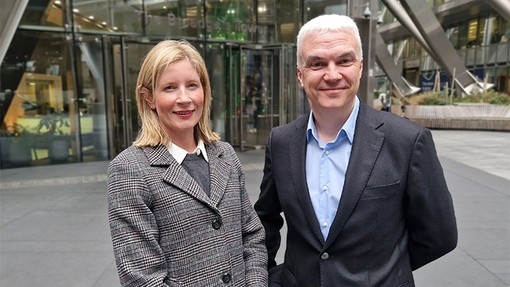Limitation – the state of knowledge required

Details
The recent pensions negligence case of Davy –v- 01000654 Limited (Formerly Heather Moor & Edgecomb Limited) [2018] underlines the need for claimants to act promptly when considering negligence claims against former advisors, or risk being told by the court that their claim is statute barred. Mr Davey was held by the court not to be able to rely upon section 14A of the Limitation Act 1980 as his date of ‘knowledge’, for the purposes of section 14A, was greater than three years prior to the date limitation ceased to run by virtue of a ‘stand-still’ agreement. The court reiterated that the state of knowledge required is that of having sufficient confidence to justify embarking on the preliminaries to a claim such as taking advice, collecting evidence or submitting a claim to the proposed defendant or, in other words, ‘the claimant must know enough for it to be reasonable to begin to investigate further’. The degree of detail required to be known is not that required to formulate a particularised statement of case but, instead, which supports an understanding, in broader terms, of the complaint on which the claim is based. The decision also confirmed there is a subjective element to the test in that it is judged against a reasonable person in the claimant’s position.
If a claimant does consider it has a potential claim against advisors, it is imperative it takes advice quickly to avoid losing the right to bring a claim. Often timescales can be protected cheaply and quickly by the use of a ‘stand-still’ agreement which preserves the right to bring a claim at a later date. It can be especially useful in cases where, for example, how much (if any) loss which may be suffered will not be known until a later date, such as in the cases of potential claims against advisers in relation to tax planning gone wrong where a claimant is aware HMRC has opened an enquiry but whether that ultimately results in a bill for tax, interest, surcharges and/or penalties may not be known for a number of years pending the outcome of tax appeals.
For further information about negligence claims or limitation issues, please contact Fiona Parry.






